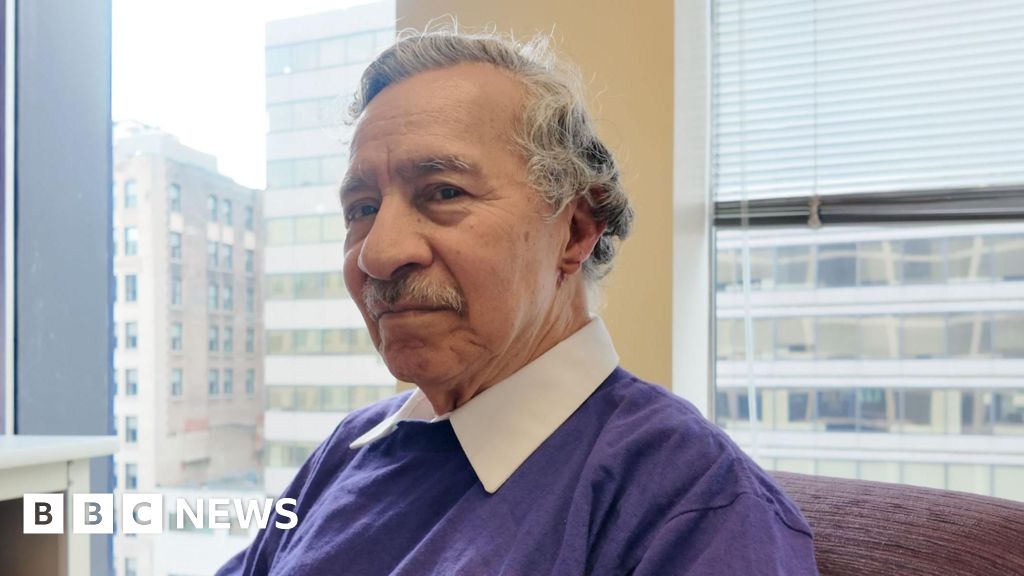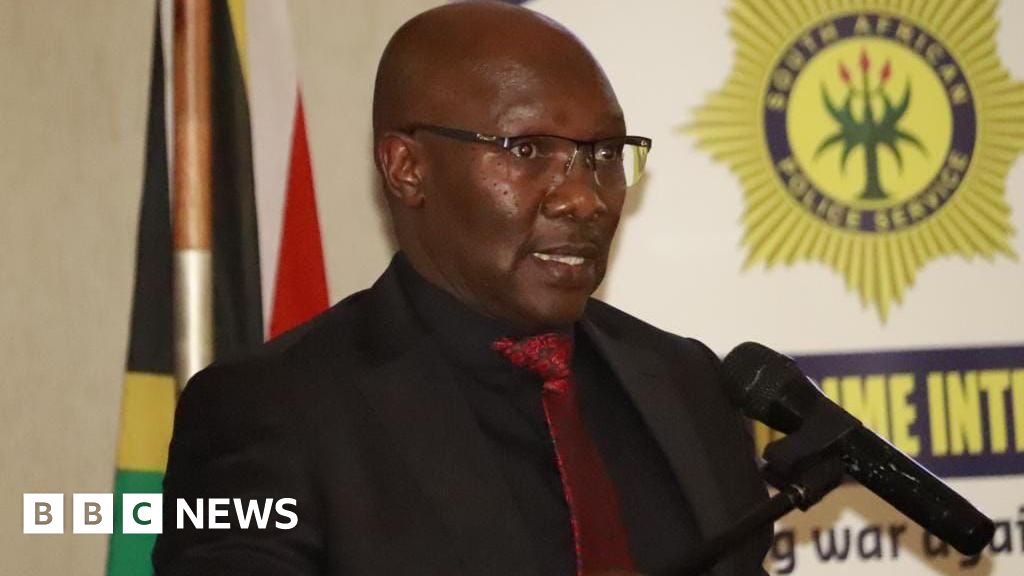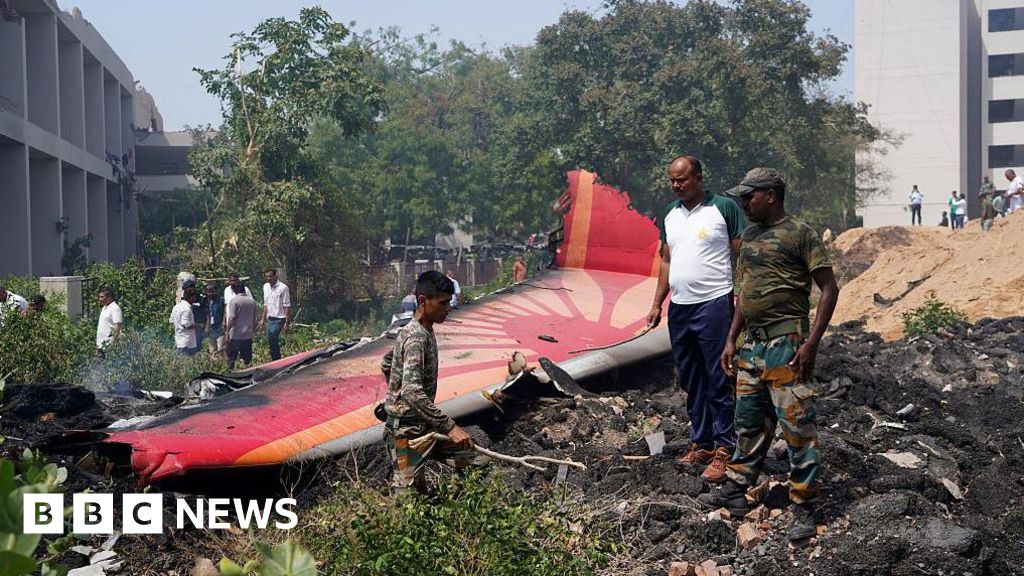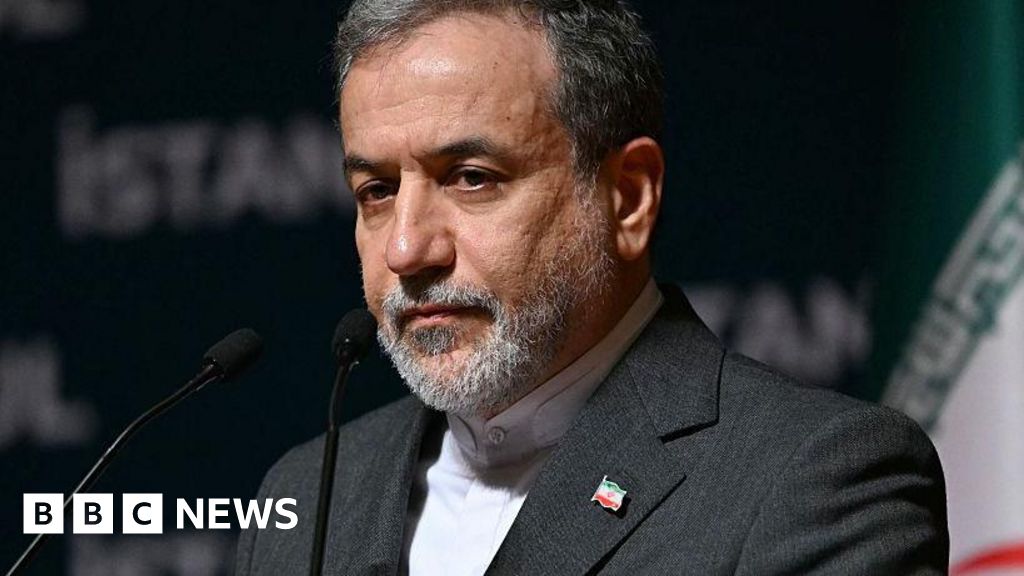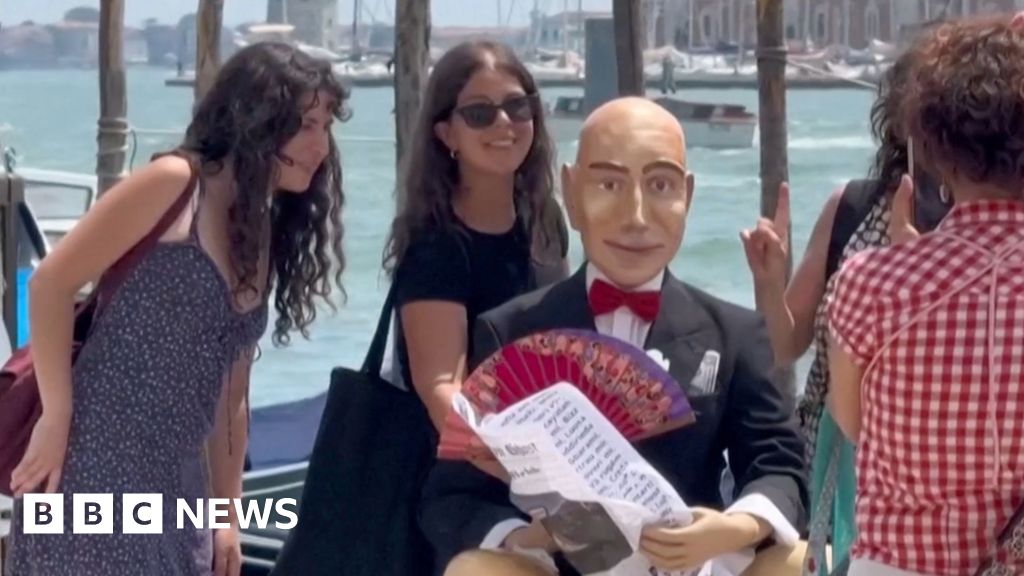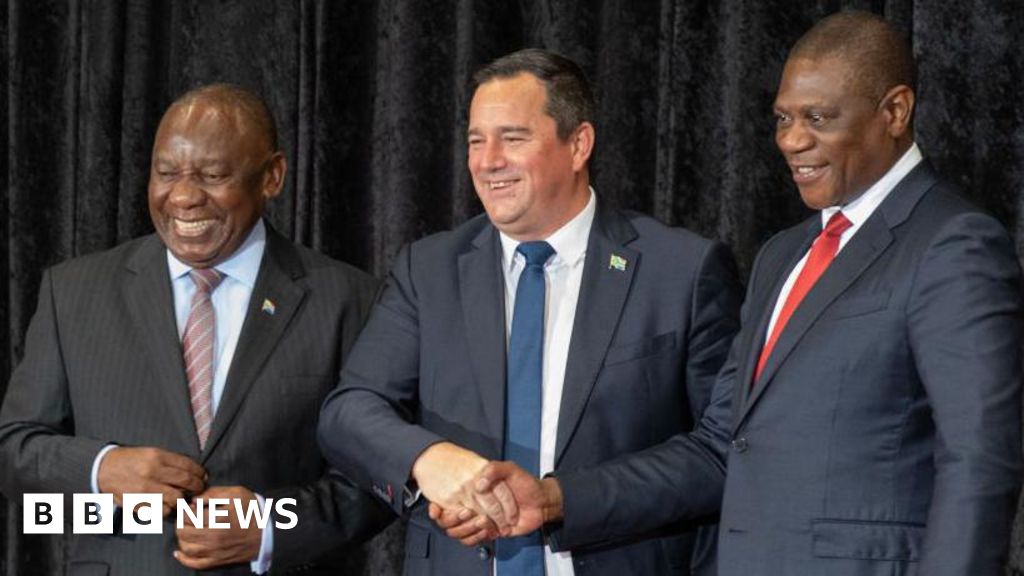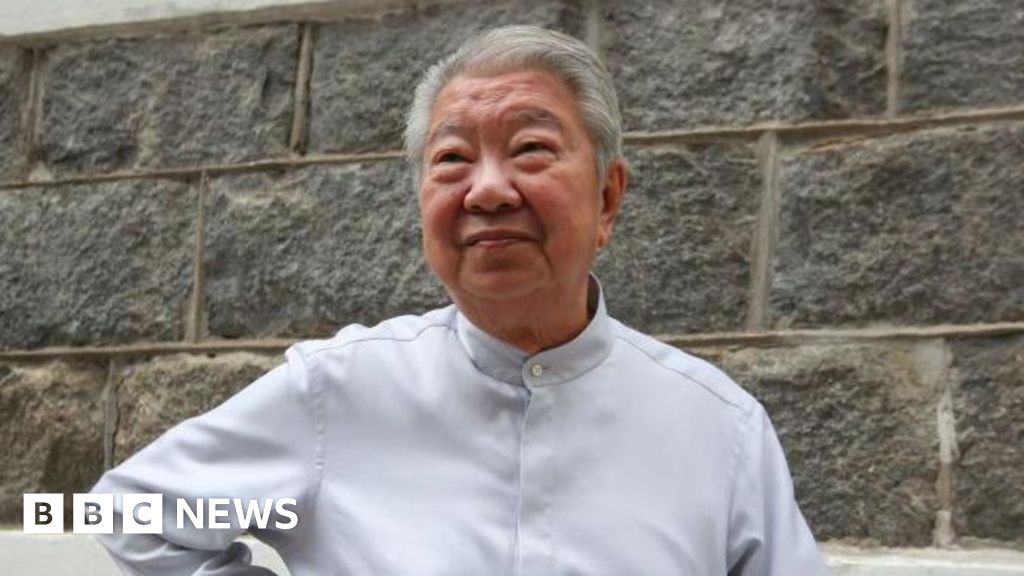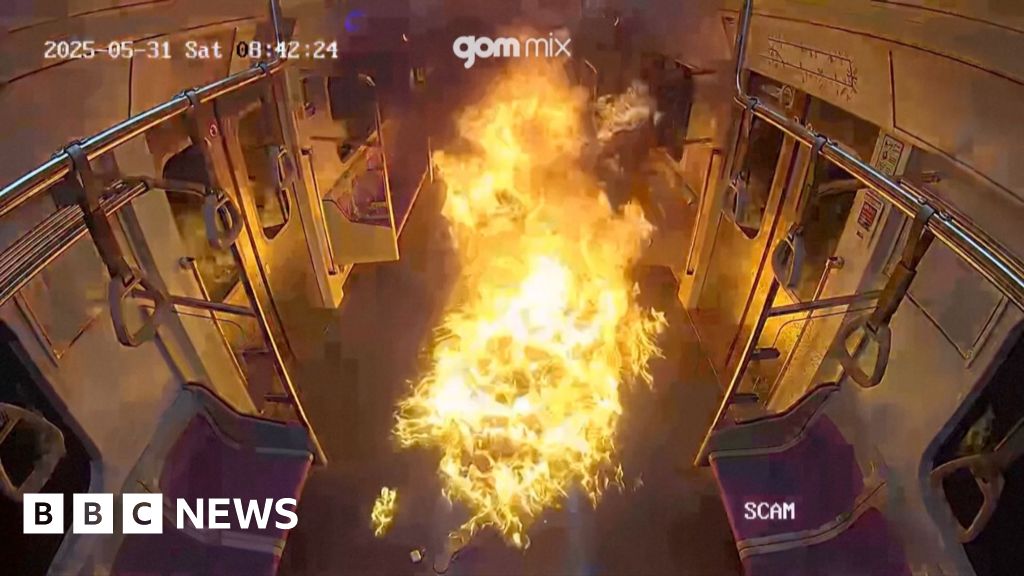When Xi Jinping, China’s top leader, returned from the Group of 20 summit in Brazil last November, he made a stopover in Casablanca, where he was greeted with dates and milk, the traditional welcome for honored guests, and a meeting with Crown Prince Moulay Hassan of Morocco.
The brief visit was a sign of the growing economic ties between China and Morocco, the largest automotive manufacturing hub in Africa and an increasingly crucial conduit for Chinese companies looking to get around tariffs for exports headed to Europe.
In the last couple of years, investment in Morocco from Chinese energy and electric vehicle and battery producers has exploded, with $10 billion directed to that industry, according to one estimate. Dozens of Chinese companies involved in automobile manufacturing are setting up shop in Morocco, including the battery maker Gotion High-tech.
The boom is a sign of the growing importance of countries like Morocco, which has a free-trade agreement with the European Union, that serve as connective nodes in a global trading system that is remaking itself around an obstacle course of high tariffs, trade restrictions and geopolitical rivalries.
Using their status as low- or no-tariff zones has required connector countries to thread a narrow path, exploiting opportunities for trade while minimizing the risk of alienating the West or China. But now that the Trump administration has kicked the legs out from under the global trading system, that road has become much more precarious.
Chinese carmakers, which have surged ahead of many rivals in battery technology, automated driving and entertainment software, have grand ambitions to expand across the globe in Latin America, Asia, Europe and Africa.
Even before President Trump’s election, the United States and Europe were growing more concerned about how their own electric vehicle industries would ever compete with Chinese companies selling cars at discounted prices. Last year, the Biden administration effectively blocked Chinese E.V.s by putting a 100 percent tariff on them, and the European Union increased its tariffs on Chinese electric vehicles to as much as 45 percent.
These types of trade sand traps have been a boon for countries like Mexico, Vietnam, Thailand, Malaysia, India, Indonesia, Turkey and Morocco, allowing companies to sidestep import duties. In the case of China’s manufacturers, Morocco is a prime connector country to the European Union.
Beijing “wants to leverage Morocco’s key advantages,” said Alexandre Kateb, an economist and founder of the Multipolarity Report, a strategic advisory platform.
At the doorstep of Europe and Africa, Morocco has been building an “automotive industry ecosystem” for 20 years, Mr. Kateb said. The country has a sophisticated transportation network that includes ports like Tangier-Med and large reserves of phosphates, which are used in producing car batteries. The country also has been moving swiftly to transition to clean energy.
Morocco became the leading car exporter to the European Union in 2023, surpassing China, Japan and India, according to Auto World Journal.
The French carmaker Renault, drawn by lower labor and energy costs than in Europe, has been manufacturing in the country for more than 20 years. The auto group Stellantis, which owns Chrysler and Jeep, has been expanding its footprint in Morocco since 2019.
“For Chinese automakers, Morocco could now play that same role for Europe” that Mexico did for manufacturers that sought to sidestep U.S. tariffs, said Ahmed Aboudouh, an associate fellow at the Middle East and North Africa program at Chatham House.
But sharpening tensions between China and the United States as well as China and Europe have created a difficult balancing act for Morocco, where economic and geopolitical concerns do not always align. Washington has raised tariffs on China to as high as 145 percent.
The Trump administration could decide to pressure Morocco — possibly by threatening higher tariffs — to take a for-or-against-us stance.
Morocco “sees China as a major partner,” Mr. Aboudouh said, but it is “aware of the risk” that Mr. Trump could clamp down on countries that trade with China.
Chinese loans and investments through its Belt and Road Initiative have helped power Morocco’s economic development, helping to build the kingdom’s infrastructure with projects like a high-speed rail line, solar power plants and a $10 billion tech hub in Tangier. This year, a Chinese company was chosen to provide steel for a planned $26 billion gas pipeline between Nigeria and Morocco.
At the same time, the U.S. strategic partnership is also a priority for Morocco, Mr. Aboudouh said. Morocco engages in military exercises with the North Atlantic Treaty Organization and collaborates with the United States on counterterrorism. Morocco would also like to procure American F-35 stealth fighter jets. Morocco won’t welcome China “at the expense of the E.U. and the United States,” he said.
For Morocco, a priority is Western Sahara, where it has been fighting an independence movement for control for the past 50 years. Mr. Trump recognized Moroccan sovereignty over the region in 2020 in exchange for Morocco’s normalizing relations with Israel, and the government would not want to do anything to endanger that.
Morocco has had a free-trade agreement with the United States for two decades. Mr. Trump has, nonetheless, subjected it to a 10 percent across-the-board tariff that he imposed on virtually all imports. But Morocco has not been threatened with the additional punishing tariff levels directed at nations like Mexico, Vietnam and Thailand.
Meanwhile, Chinese production continues to ramp up, something that could draw the attention of the Trump administration. In January, a Chinese battery parts manufacturer started pumping out components at a new joint venture in Jorf Lasfar, near Morocco’s deepwater commercial port, part of a $2 billion deal signed in 2023.
In October, the Chinese tire maker Sentury began production in a new factory in Tangier Tech City, a zone planned to eventually house 200 Chinese companies.
And last summer, Gotion, the Chinese battery maker, announced plans to build a $1.3 billion “gigafactory,” the first in Africa. That investment could rise to $6.5 billion, according to Moroccan government.
“Morocco has been following a hedging strategy for a long time” between the United States and China, said Mr. Aboudouh at Chatham House. “The Biden administration showed them some tolerance” when it came to Chinese investments. But if this maneuvering space is tightened under the Trump administration, “I think they will show more caution.”
Source link


